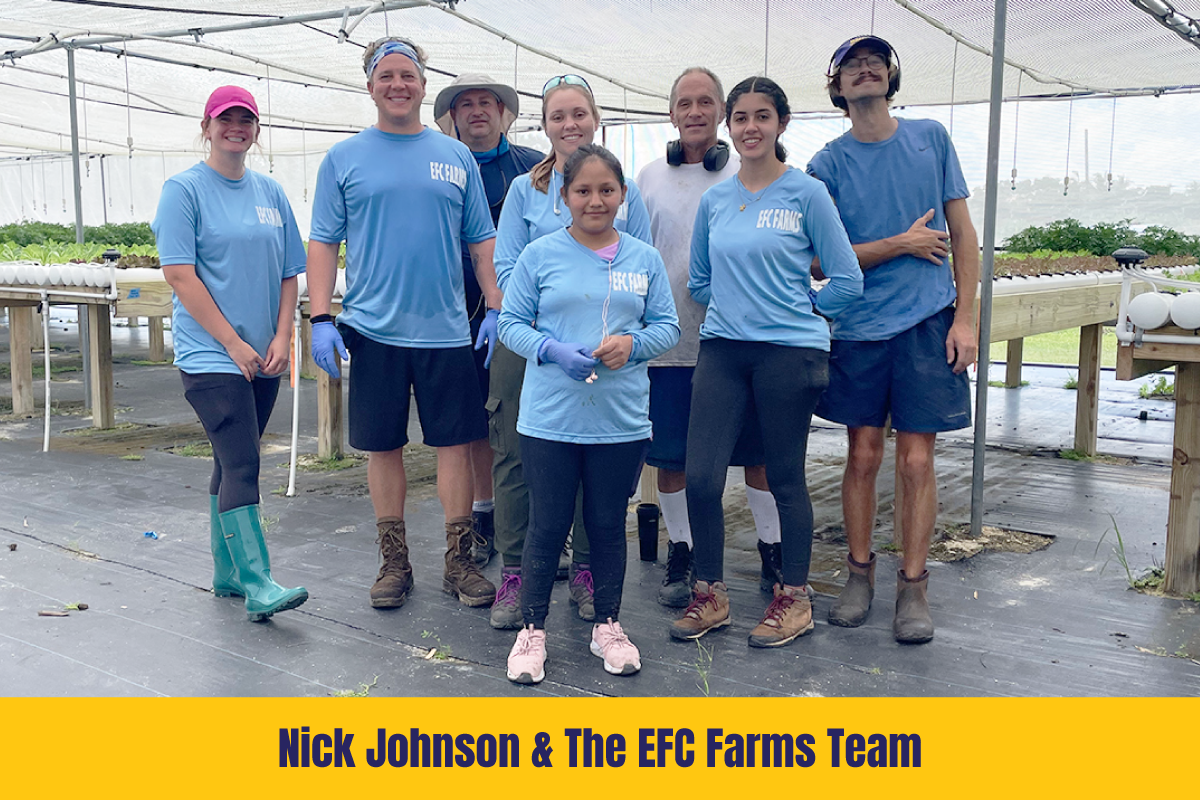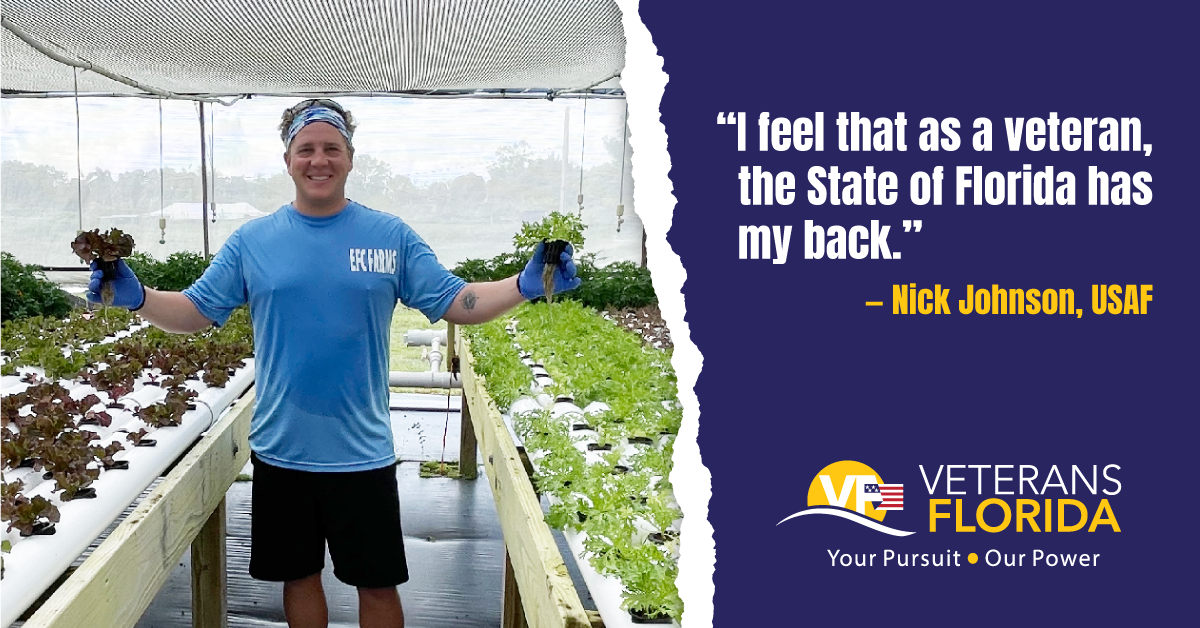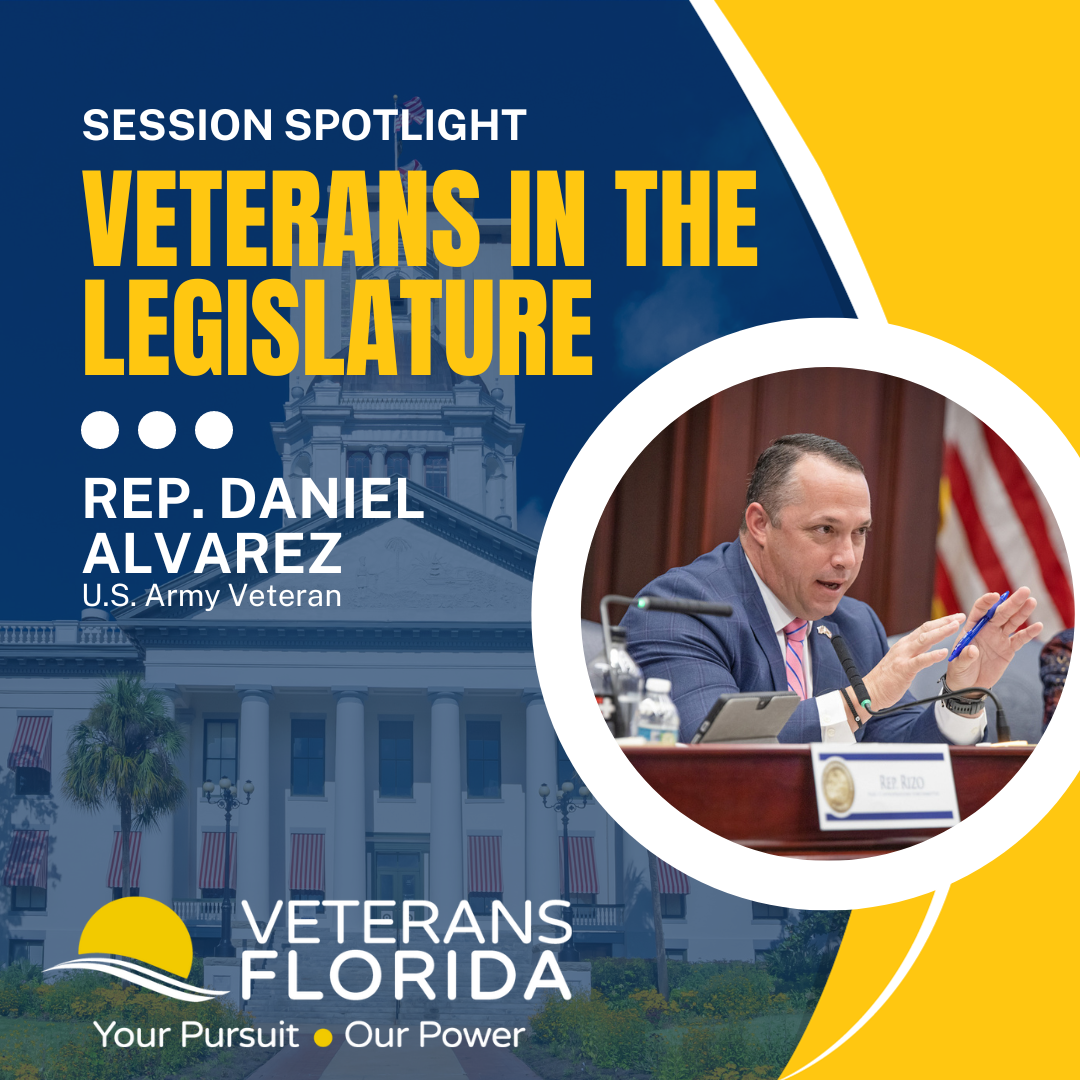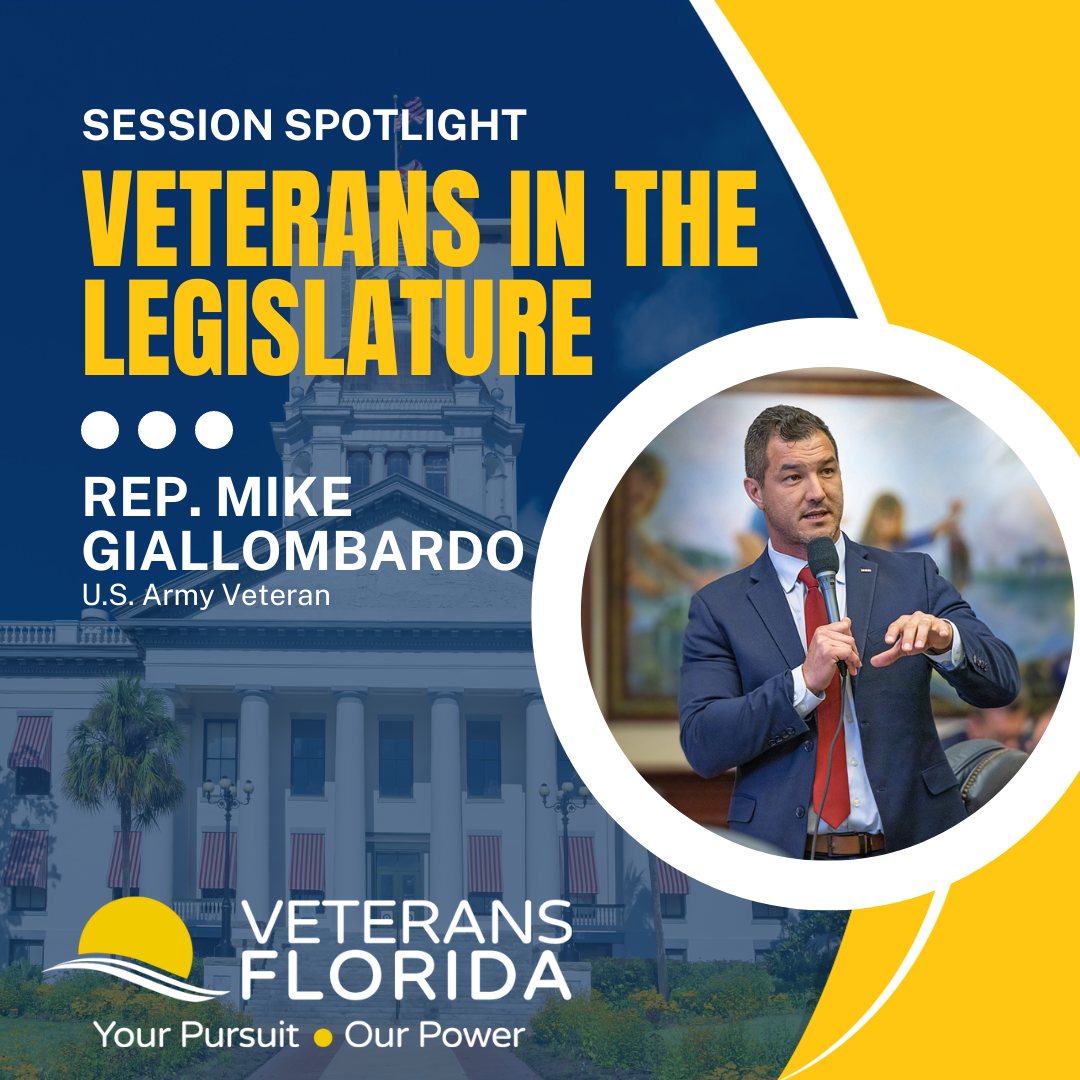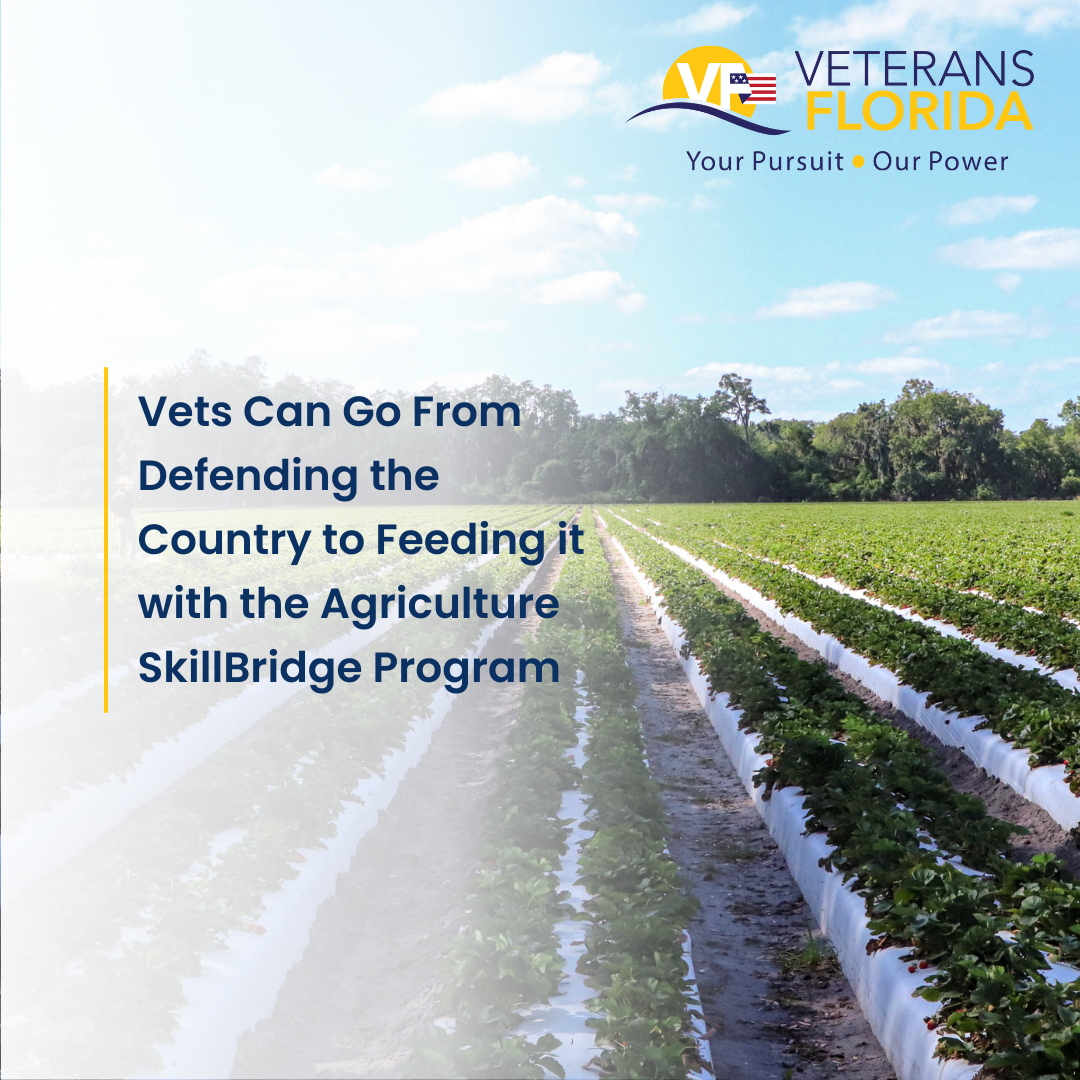U.S. Air Force Technical Sergeant Nick Johnson approached the 10-year mark of his military service and as the question of “Are you going to re-up and do 20?” became more frequent on MacDill AFB, he realized there weren’t any personal goals left for him to accomplish after serving the past eight years as a dental assistant.
Reflecting on his military experience, he discovered the root of the problem: Johnson preferred the Florida outdoors over the office environment and knew he wanted to pursue a future in agriculture.
The former three-sport high school athlete first developed a deep appreciation for agriculture growing up outside of Reading, Pennsylvania. Digging his hands into his family’s home gardens; seeing the local farmers preparing for harvest; mutually embracing the importance of manure — each gave Johnson a glimpse into agriculture and led him to seek the necessary skills to break into the industry.
“Towards the start of the pandemic I started going down the ‘YouTube rabbit hole’ for various market gardens and reading books on all different types of farms,” Johnson said. “When I wasn’t able to have a garden while living in dorms overseas or a home that didn’t have a yard, I always started gravitating towards gardening and agriculture again.”
At the time of his parents’ move to Florida in 2020, Johnson knew he wanted to be close to family and planned his separation from the military more than a year in advance by searching for nearby agriculture opportunities using the DoD SkillBridge website, leading him to the Veterans Florida Agriculture Program.
“I first heard about SkillBridge through word of mouth while working on the base, but once you start the transition process out of the military, they’re really good at spraying you with a firehose of information,” Johnson said. “After finding Veterans Florida on the site and reaching out to [VETS Manager] Amy Dudley about SkillBridge and the Agriculture Program, we got exactly what I needed together and everything fell into place.”
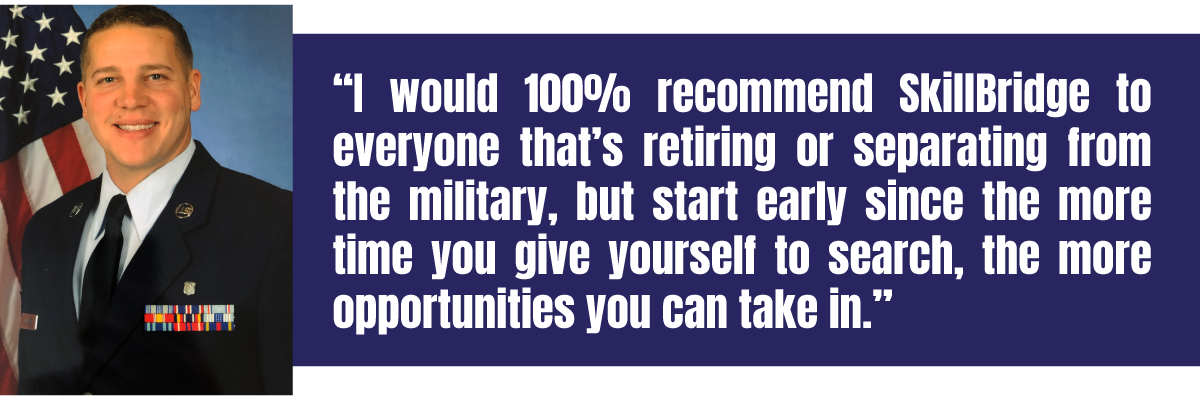
As the State of Florida’s designated SkillBridge assistance organization, Veterans Florida connects active-duty servicemembers within six months of separation or retirement to training opportunities with employers in high-growth industries across Florida. SkillBridge participants can enroll in the Veterans Florida Agriculture Program, a six-month fellowship in partnership with the University of Florida Institute of Food and Agricultural Sciences (UF/IFAS), where researchers and educators equip those who served with the knowledge and skills to be competitive in Florida’s $150 Billion agriculture industry.
Servicemembers participating in SkillBridge trainings must receive commander approval and maintain DoD salary and benefits until their exit date. Veterans who’ve already transitioned are also eligible to participate in the program and earn a stipend during the training period.
Johnson’s SkillBridge fellowship started in November at the UF/IFAS Southwest Florida Research & Education Center (SWFREC) in Immokalee, but he initially thought his experience would be limited after missing the Fall harvest. Coupled with uncertainty about which sector within agriculture to study, he credits Gene McAvoy, UF/IFAS Researcher and SkillBridge Manager, for setting up numerous tours and trainings with industry experts and local farmers to ensure the veteran received a diverse range of experience.
“When I told them that I didn’t necessarily know what I wanted to do in agriculture, Gene started calling and introducing me to tons of farmers, nursery owners, seed manufacturers, processing plants, etc. from around the area,” Johnson said. “I just wanted to make the most of the opportunity, so I went out and spent a day or two or a week of my SkillBridge with all these different people and tried to absorb as much information about what they were doing and get a feel for the business side of things and have an outlook of how I might fit it.”
His initial eye-opening experience in the program came from his first assignment in a drone pilot class taught by UF postgraduates and seeing how new technology is helping local farmers study and manage their crops. Over the six-month SkillBridge, Johnson crossed “learn how to operate a tractor” off his list and acquired on-the-job knowledge in growing citrus, tomatoes, peppers, and sugar cane across the region.
“Whether it’s pulling soil samples, conducting PCR tests, or learning pest management, participants in the USDA or SkillBridge pathways immediately contribute to our agricultural research and extension mission,” said Dr. Mike Burton, SWFREC Director. “The Veterans Florida Agriculture Program has been a great way to combine the University of Florida’s agricultural experience and credibility with the remarkable leadership and talent carried by veterans and servicemembers.”
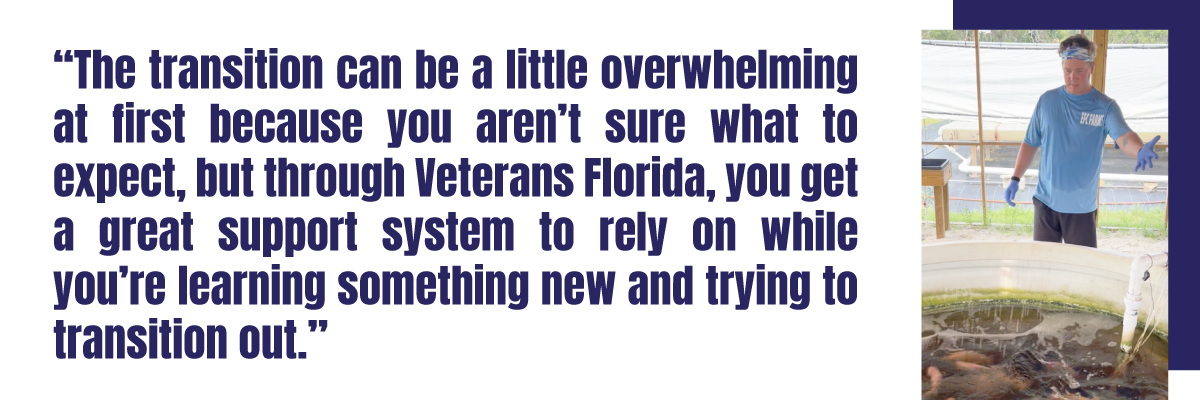
Before completing the SkillBridge training and transitioning from the military in April 2022, Johnson extended his experience in the Agriculture Program by tapping into the six-month pathway for post-separation veterans and lined up an opportunity at EFC Farms in Fort Myers to learn how lettuce and other organic produce can be grown year-round using a soil-less, aquaponic farming system.
“Having the opportunity to help teach veterans like Nick about our passion has been the most fulfilling part of this journey for us,” said Liz and Mick Jager, owners of EFC Farms in Fort Myers. “We want everyone to understand how to feed themselves, have access to fresh food, and believe in this program; which provides veterans an avenue to gain real work experience and benefits the agriculture industry with a boon of new farmers from multiple different backgrounds.”
Johnson re-enrolled at Florida Gulf Coast University over the Summer to pursue a second bachelor’s degree in Marine Science. With the second six-month fellowship ending in October, he plans to combine his educational background in business management and marketing with his year-long training to start an agribusiness in the coming months through the Veterans Florida Entrepreneurship Program.
Focused on keeping his options open while continuing his training and education, Johnson said his long-term mission is to own an agribusiness and pass along all the lessons he’s learned to other veterans and servicemembers looking to get their foot in the industry’s door.
“I want to one day have a farm where I can teach veterans about agriculture and help set up business plans with them,” he said. “Paying it forward is my ultimate goal.”
Johnson strongly encourages servicemembers to take advantage of SkillBridge before transitioning but advises them to start searching at least a year or two in advance to give all parties involved enough time to finalize all the paperwork.
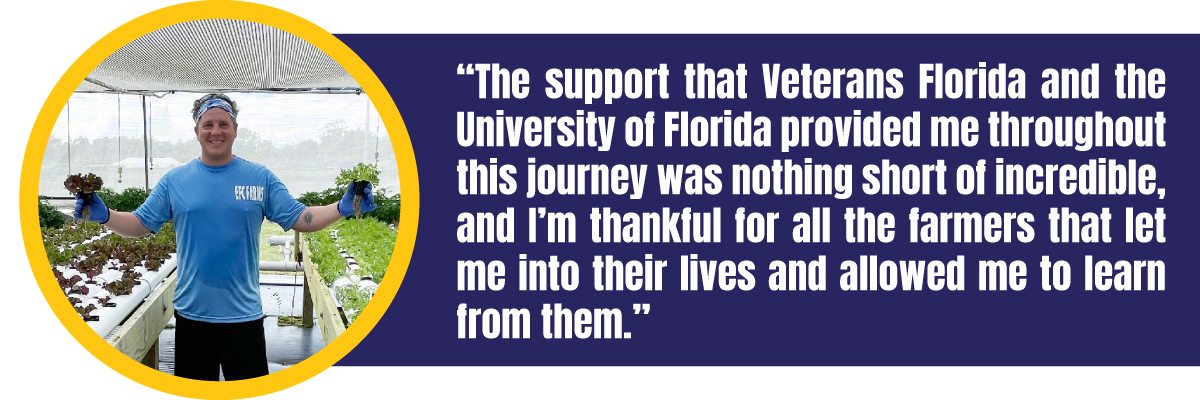
“I would 100% recommend SkillBridge to everyone that’s retiring or separating from the military, but start early since the more time you give yourself to search, the more opportunities you can take in,” Johnson said. “The transition can be a little overwhelming at first because you aren’t sure what to expect, but through Veterans Florida, you get a great support system to rely on while you’re learning something new and trying to transition out.”
For veterans and servicemembers interested in getting hands-on agriculture experience in Florida’s 2nd largest industry, Johnson said the best advice he can give anyone who served is to “get out there and do it.”
“I knew farming was hard work, but until you get out there, day in and day out, you don’t really know if it’s what you want to do the rest of your life,” he said. “Going through the program was a great way to do it; there are individuals here that are willing to take the time and show veterans how to grow things and what specific skills they need for a career or business.”
To Johnson, Florida is “absolutely” the nation’s most veteran-friendly state in large part because of how it prioritizes reskilling and upskilling initiatives for veterans and their families to fill vital positions across its entire economy — a mission he strongly believes all other states should follow.
“Everyone should want as many veterans as possible to work in their state; they’re some of the hardest working, most adaptable people you’re ever going to come across and programs like these benefit not just agriculture but all jobs in every industry across Florida,” he said. “The support that Veterans Florida and the University of Florida provided me throughout this journey was nothing short of incredible, and I’m thankful for all the farmers that let me into their lives and allowed me to learn from them.”
“At the end of the day, it’s a great feeling to be able to grow something yourself,” Johnson said, looking back on his successful transition from the military to Florida’s agriculture industry and added: “I feel that as a veteran, the State of Florida has my back.”
